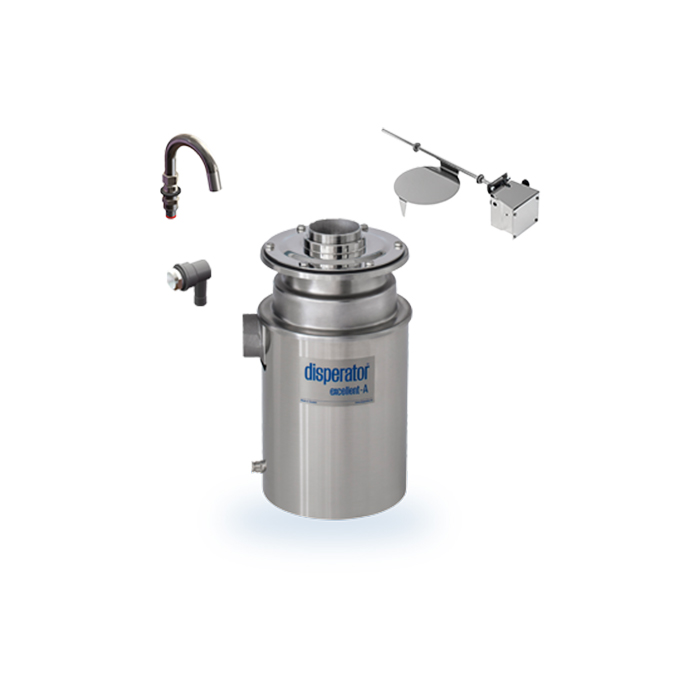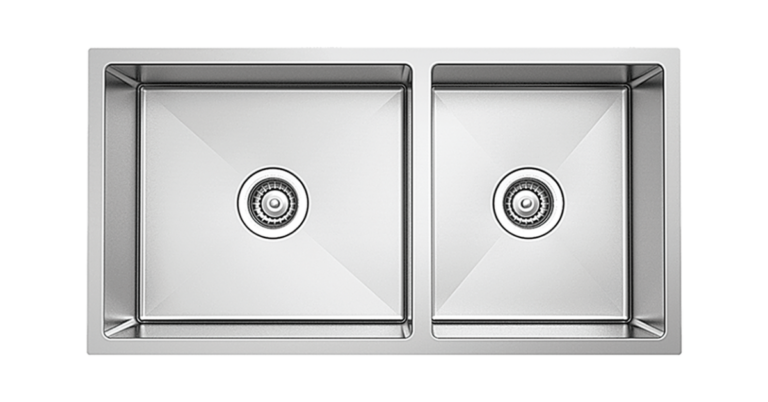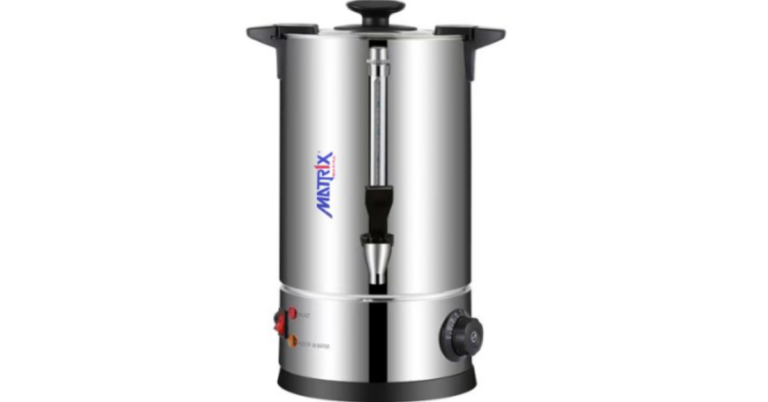Efficient Waste Management at Sea: The Role of Marine Food Waste Disposer For Ships
In the maritime industry, managing onboard waste efficiently is not only a matter of hygiene but also an environmental obligation. One of the most crucial innovations in galley equipment is the Marine Food Waste Disposer For Ships This advanced solution is helping commercial vessels, cruise liners, and cargo ships deal with food waste in a sustainable and effective manner. As marine regulations around waste disposal become increasingly stringent, vessels must adopt equipment that supports both operational efficiency and compliance with international standards.
The Growing Need for Food Waste Management at Sea
With thousands of meals being prepared daily on large ships—especially cruise ships—the accumulation of food waste can quickly become unmanageable without the right systems in place. Improper disposal can lead to foul odors, pest infestations, and more importantly, violations of MARPOL Annex V regulations, which govern the disposal of garbage from ships. A Marine Food Waste Disposer For Ships plays a pivotal role in solving this issue by grinding food waste into small particles, making it easier to handle, store, and dispose of according to maritime laws.
Ships operate in a closed environment where space, sanitation, and efficiency are of utmost importance. Unlike land-based kitchens that can depend on regular waste collection services, ships must manage their waste until they reach port or treat it onboard. Therefore, having a reliable and efficient food waste disposer becomes critical for daily operations.
How Marine Food Waste Disposers Work
Marine food waste disposers are industrial-grade grinders specifically engineered for maritime use. They are built to handle the high volume and diverse types of food waste generated in ship galleys. The mechanism typically involves a high-torque motor connected to a grinding chamber. When waste is fed into the chamber, it is ground into small particles, often less than 5 mm, which can then be collected in a holding tank or further processed through a dewatering or maceration system.
These systems are designed to withstand harsh marine environments, including salt air, humidity, and constant vibration. Most units come with stainless steel construction, corrosion-resistant materials, and marine-grade electrical components, ensuring longevity and safety.
Benefits of Using a Marine Food Waste Disposer For Ships
There are several compelling reasons why ships are increasingly turning to food waste disposers:
1. Compliance with Environmental Regulations
The International Maritime Organization (IMO) enforces strict regulations on how ships must handle waste. Under MARPOL Annex V, food waste must be comminuted and discharged at a minimum distance from the nearest land, depending on the region. A Marine Food Waste Disposer For Ships ensures that the waste is treated in accordance with these rules, thereby minimizing legal risk.
2. Operational Efficiency
Time and space are critical onboard. Disposers reduce the volume of food waste significantly, allowing for more efficient storage and less frequent offloading in port. This efficiency translates into lower operating costs and a more streamlined galley operation.
3. Improved Hygiene and Safety
By minimizing food waste left out in bins, disposers help prevent odors and reduce the risk of contamination or pests. Cleaner galley areas contribute to safer working conditions for crew members and better overall hygiene standards.
4. Space Optimization
Ships have limited storage, especially when it comes to waste. Disposers cut down on the space needed to store garbage by breaking food waste into manageable particles. This space-saving benefit is particularly valuable on smaller vessels or during extended voyages.
5. Environmental Responsibility
Marine operators are under increasing pressure from both regulators and passengers to reduce their environmental footprint. Installing a food waste disposer aligns with green initiatives and demonstrates a commitment to sustainable practices at sea.
Types of Marine Food Waste Disposers
Marine food waste disposers come in various sizes and configurations depending on the type of vessel and volume of waste generated. Key categories include:
-
Under-the-sink units for smaller galleys or crew kitchens.
-
Industrial-grade grinders for cruise ships and naval vessels.
-
Automated systems that integrate with vacuum or dewatering technologies for continuous operation.
Some systems are standalone, while others are part of a broader waste management solution that includes shredders, dehydrators, and compactors. When choosing a Marine Food Waste Disposer For Ships, it’s important to assess the vessel’s daily waste output, the number of crew and passengers, and the typical voyage duration.
Installation and Maintenance Considerations
Installing a food waste disposer onboard requires careful planning to ensure compliance with maritime safety standards. Considerations include:
-
Electrical requirements: Marine electrical systems vary from land-based systems. Ensure compatibility.
-
Plumbing and drainage: Proper drainage is critical to avoid clogs and ensure smooth operation.
-
Corrosion resistance: Saltwater exposure can damage non-marine-grade materials.
-
Access and space: Choose models that fit comfortably within the galley layout.
Regular maintenance is essential for performance and longevity. Cleaning the grinding chamber, checking for worn components, and inspecting electrical connections should be part of the routine schedule. Many modern units also include automatic flushing systems and diagnostic indicators for easy upkeep.
Trends and Innovations in Marine Waste Disposal
The marine industry continues to evolve, and waste management technologies are advancing along with it. Some of the latest trends include:
-
Integration with smart ship systems: Allowing remote monitoring and predictive maintenance alerts.
-
Eco-friendly design: Energy-efficient motors and reduced water usage.
-
Hybrid systems: Combining disposers with anaerobic digesters or composting solutions for advanced treatment.
As the demand for green shipping grows, the Marine Food Waste Disposer For Ships is becoming a vital tool in achieving environmentally responsible operations. These systems are not only a convenience but a necessity for compliance and sustainability.
Choosing the Right Supplier
Selecting the right supplier for your galley equipment can make a significant difference in long-term performance and compliance. Reliable marine suppliers offer:
-
Certified, marine-grade equipment.
-
Installation guidance and after-sales support.
-
Spare parts availability.
-
Compliance documentation.
A specialized marine food waste disposer supplier understands the unique needs of shipboard operations and provides products that meet or exceed maritime safety and performance standards.
Conclusion
The Marine Food Waste Disposer For Ships has become an essential component in the modern maritime waste management system. It ensures regulatory compliance, improves hygiene, enhances operational efficiency, and supports environmental responsibility. As ships grow larger and environmental regulations tighten, investing in a high-quality food waste disposer is a smart and forward-thinking decision for any marine operator.
With proper installation and maintenance, these systems deliver long-term value and peace of mind—making them an indispensable part of a well-equipped galley at sea.



